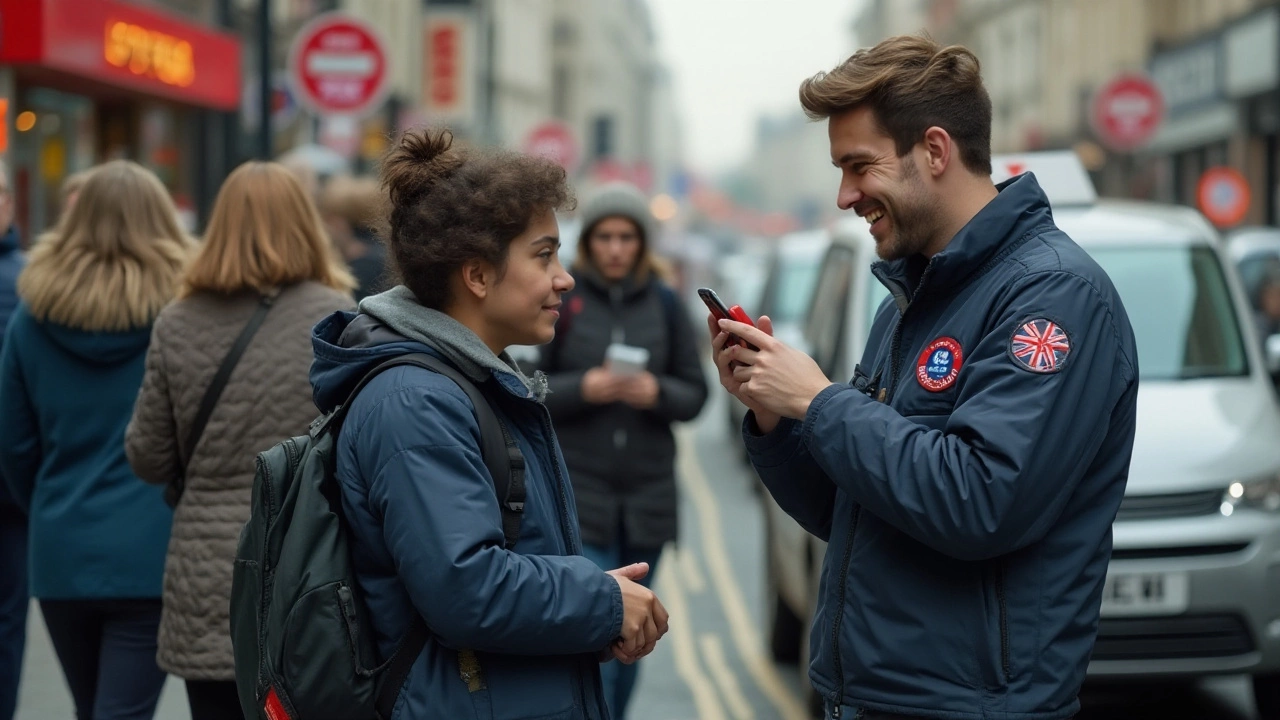Driving License Costs in the UK – What You Need to Know
If you’re thinking about getting behind the wheel, the first question is usually “how much will it cost?”. The answer isn’t a single number – it depends on the vehicle type, the stage you’re at and a few extra services you might need. Below we break down every fee you’ll meet, from the first theory test to renewing your licence years later.
Core Fees – Theory Test, Practical Test and First Licence
The starting point is the theory test. In 2025 the fee is £23 for cars and motorcycles, and £30 for HGV (Class 1) licences. You’ll need to pass this before you can book the practical test, so budget for a study package or a couple of practice tests if you want a safety net.
After you pass theory, the practical test fee kicks in. For a standard car licence the cost is £62 on weekdays and £75 at weekends. Motorbike tests vary – a standard bike costs £62, while a larger bike pushes the fee to £75. HGV practical tests are the most expensive, ranging from £125 to £150 depending on the test centre and vehicle size.
Once you’ve passed, the DVLA issues your licence. A new full car licence costs £34, a motorbike licence £34, and an HGV Class 1 licence £63. If you’re moving from a provisional to a full licence, you’ll only pay the issuance fee – the theory and practical fees are already covered.
Renewals, Replacements and Extra Costs
Driver licences are valid for 10 years for most adults. The renewal fee is £14 for a standard car licence and £16 for an HGV licence. If you need a replacement because it’s lost or damaged, the DVLA charges £20 for a standard licence and £25 for an HGV licence.
There are a few extra costs that can sneak up on you. Medical examinations are required for some HGV licences and can cost £40‑£70 depending on the provider. If you need a vision test, most opticians charge around £30. Some learners also pay for a provisional licence – that’s a £34 fee that lets you practice on the road.
Driving lessons add up quickly. The average one‑hour lesson costs £30‑£35. If you need 20 lessons to feel ready, you’re looking at £600‑£700. For HGV training, lesson rates can rise to £45‑£55 per hour, plus any additional simulator or on‑road training fees.
One tip to keep costs down: book your theory test online early and look for off‑peak practical test slots. Weekend tests are pricier, so if you can travel on a weekday you’ll save a few pounds. Also, many training schools offer package deals – 10 lessons plus the practical test fee for a flat rate. Those bundles often shave off 10‑15% compared to paying lesson by lesson.
Another money‑saving trick is to use free resources for theory prep. The DVSA provides a downloadable practice hazard perception test and a free app with mock questions. Pair those with a low‑cost online mock test – you’ll avoid buying pricey paper books.
Finally, remember that licence fees are set by the government and can change with inflation. It’s a good idea to check the DVLA website before you start budgeting, so you’re not surprised by a new price.
Bottom line: a standard car licence costs roughly £150‑£180 from start to finish, motorbike a little less, and an HGV licence can climb to £350‑£400 when you add training and medicals. Knowing each line‑item helps you plan better and avoid nasty surprises.
- October 11 2024
- 0 Comments
- Rowan Cavendish
Discovering the Costs and Benefits of the Most Expensive Driving Licenses
Licensing laws around the world vary greatly and so do the costs associated with obtaining a driver's license, especially when opting for an advanced Pass Plus Course. This article explores what makes some driving licenses so expensive, the elements that contribute to their high cost, and whether they're worth the investment. We delve into the specifics of the Pass Plus Course, highlight countries where getting a license is particularly pricey, and share some expert advice on mastering the art of driving efficiently. The detailed insights are aimed at helping aspiring drivers understand both the financial and educational aspects of obtaining a high-end driving qualification.
- Driving Lessons (43)
- Driving Test Tips (34)
- HGV Training (32)
- Driving Test Booking (28)
- Driving Licence Renewal (26)
- Driving Theory Test (22)
- Intensive Driving Course (19)
- Pass Plus Course (15)
- Driving Tips (15)
- Driver Licensing (14)
Categories
- February 2026 (6)
- January 2026 (13)
- December 2025 (15)
- November 2025 (13)
- October 2025 (21)
- September 2025 (5)
- August 2025 (8)
- July 2025 (30)
- June 2025 (30)
- May 2025 (30)
- April 2025 (31)
- March 2025 (30)
Archives
- driving lessons
- driving test
- driving tips
- driving test tips
- intensive driving course
- HGV training
- driving theory test
- learn to drive
- driver training
- pass driving test
- driving test booking
- HGV driving
- road safety
- Virginia driving test
- driving license renewal
- Virginia driver's license
- learner drivers
- safe driving
- driving license
- learning to drive

